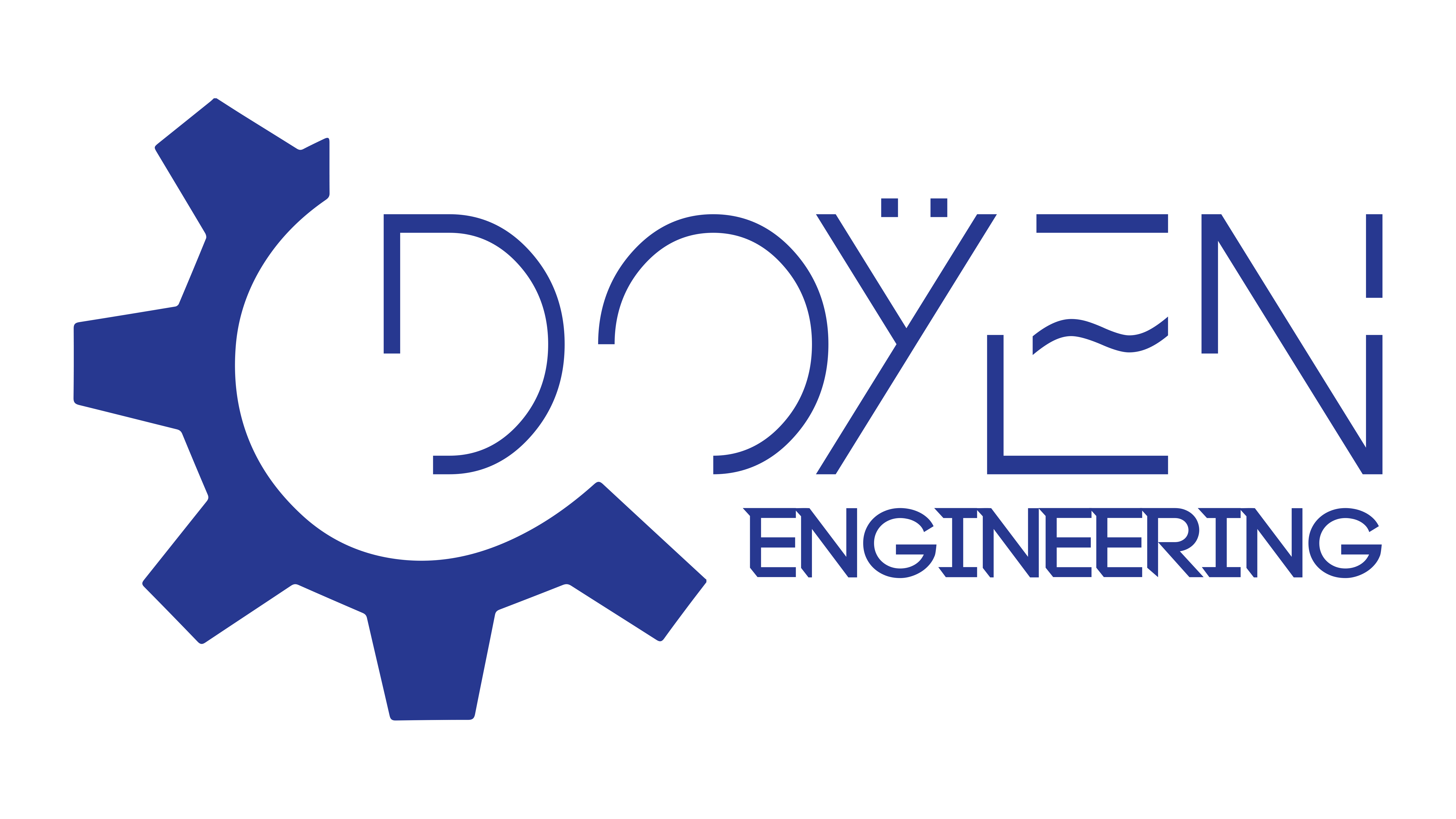26. An Introduction to Control Theory in Electrical Engineering
Introduction to Control Theory in Electrical Engineering Overview of Control Systems Control systems are integral in managing the behavior of dynamic systems. They provide essential frameworks for regulating processes, ensuring stability, and achieving desired performance. For instance, an autopilot system in aviation continuously adjusts the aircraft's control surfaces to maintain





